Pope will visit Bosnia and Herzegovina on June 6
An interview with Slavica Karačić, Ambassador of Bosnia and Herzegovina to the Holy See
By Viktoria Somogyi
Slavica Karaˇci΄c is not a career diplomat, but a politically appointed one. Despite her young age, she had already been ambassador to Argentina before coming to Rome two years ago. She had met Cardinal Jorge Bergoglio for the first time on a pilgrimage to Lujan, the famous Marian shrine in Argentina. At that time he was facing a very difficult situation because the government was trying to change the legislation on same-sex marriage. Even though Argentina is considered a Catholic country, the Cardinal Archbishop of Buenos Aires was the only one who spoke out against it forcefully. She was very impressed with how firmly he represented Catholic teaching on the issue.
Ambassador Karaˇci΄c was the last ambassador to present her credentials to Pope Benedict, in January 2013, and considers herself lucky to have been in Rome at that historical moment when Pope Benedict resigned. The influence of the Holy See is significant now, she believes, and therefore it is of great importance to be in the Eternal City and working with the Vatican. The ambassador received her mandate from her country, but, as a Croat and a Catholic, she feels it is a particular privilege for her to serve her country at the Vatican. Pope Francis plans to visit Bosnia and Herzegovina on June 6.
In what ways is Vatican diplomacy is different from others?
Ambassador Slavica Karaˇci΄c: It is completely different. There is no destination like the Holy See. Everywhere else you deal with economy and other aspects of diplomatic life, but here it is a totally different way of communicating and operating. It is pure political diplomacy, and you have the feeling that one man can do a lot, which you do not experience anywhere else because in other countries you feel you are only one member of a team, whose work requires a huge infrastructure and system. Working in the Vatican environment is based on mutual trust and confidence, which you can build on a very personal level of communication. You can also see more easily the results of your work. At the same time, it is a challenge because you feel much more responsible, and your acts are reflected immediately. “First you do what is necessary, then you do what is possible, and soon you will be doing impossible things,” as St. Francis of Assisi said: it is my motto. So it is a challenge, an obligation and a reward at the same time.
It was a big surprise when the Pope announced in early February his one-day visit to Sarajevo. Why is this visit important for your country?
Karaˇci΄c: Last year was the centenary of the beginning of WWI, which is closely related to events in Sarajevo in 1914 [the assassination of Archduke Franz Ferdinand of Austria which sparked hostilities]. We were hoping Pope Francis would come. One and a half years ago, when we extended our invitation, there had already been one hundred invitations from other countries. It is a great privilege for us that Pope Francis accepted it.
Pope John Paul II visited Bosnia and Herzegovina twice: in Sarajevo in 1997, immediately after the Balkan war, and in Banja Luka in 2003. The Holy See has always stood beside the country in difficult times, which are not over yet. This papal trip is an opportunity for Bosnia and Herzegovina to attract positive attention. Since the elections last year, it has become one of our goals to build closer ties with the European Union and eventually to become a member. Hopefully, the Pope’s visit will bring focus on Bosnia and Herzegovina and facilitate this process.
What does the papal visit mean to you personally?
Karaˇci΄c: I have a problem with dividing myself between being an ambassador and a Croat Catholic, but I can say it means a lot to me. I have been to papal visits before. Popes have visited Croats six times. John Paul II went to Croatia three times and visited Croats in Bosnia and Herzegovina twice. Pope Benedict XVI was in Croatia one time. Catholics like myself from Bosnia and Herzegovina generally travel to meet the Pope throughout the region.
What was the reaction of the Muslims and Orthodox to the papal visit?
Karaˇci΄c: The whole population of Bosnia and Herzegovina is thrilled by the idea. The governing system is set up in a way that the invitation could not go through one group only. The presidency consists of a Bosniak, a Croat and a Serb representative. All parties had to agree to be able to extend an invitation to the Pope.
The number of Catholics has radically diminished in Bosnia and Herzegovina since the war. Would you agree that Catholics were the main victims of the conflict?
Karaˇci΄c: I would not say that. Every conflict and war has its own victims. Every victim is the same; you cannot evaluate who is the biggest victim. The truth is that the number of Catholics has dropped to half, so maybe the Catholic Croat population is the most visible in this regard. Even before the war, among the three ethnicities, they were the lowest in number.
How would you describe the situation of Catholics?
Karaˇci΄c: It is very depressing because their number keeps decreasing. Young people are leaving the country in general. In the case of Croats, they have the opportunity to have a double citizenship; therefore they are members of the EU, which makes it easier. If your country does not offer you anything, you go where you feel more comfortable. We are trying to fight against this phenomenon and keep the youth within our borders. We need support from the Holy See as Catholics, as the Catholic Church, in this situation. It is one of the reasons why the local Catholic Church should be very happy about the papal visit. What the Catholic Church needs in Bosnia and Herzegovina is encouragement.
What efforts does the government make to heal the wounds of the population after the conflict?
Karaˇci΄c: We still have a lot to do to solve our internal issues. In other countries, after the conflict they split, each group has its own country, and now they only need to talk about neighbor relations, but in Bosnia and Herzegovina all the different ethnicities live together. It is not easy to forget the conflict. In this regard a great deal has been done by the religious communities. Thanks to their contribution, the wounds are slowly healing. The State, for its part, is doing everything to keep the balance since there is still a struggle to find equality. Some constitutional changes need to be made in order to provide equality for all constituent members.
How will the Pope’s visit fit into this context of reconciliation?

Bosnian Cardinal Vinko Puljic of Sarajevo, center, Croatian President Ivo Josipovic and Mustafa Ceric, grand mufti of Bosnia-Herzegovina, stand in front of a monument in the village of Krizancevo Selo on April 15. The leaders were paying tribute to the victims of massacres committed by Bosnians and Croats during Bosnia’s 1992-1995 war. Croatia’s president apologized for his country’s role in the war. (CNS photo/Dado Ruvic, Reuters)
Karaˇci΄c: Pope Francis often talks about reconciliation. The reactions of the other religious communities to the Holy Father’s arrival have been wonderful. There is no negative sentiment against his visit. Pope Francis does not come only because of Catholics but, as he announced, for interreligious dialogue, brotherhood and friendship.
The process of reconciliation is moving ahead; it has not stopped. The Pope can bring encouragement not only by words but by deeds. During the tremendous floods last spring, the Holy See played an enormous part in raising awareness of the desperate situation, in which half of the country was under water and the population was in need, regardless of their religion. We need encouragement from all sides, and not only from the Pope, since reconciliation is a long process. This visit is raising great hope. Positive energy is accumulating and increasing as the date comes closer.
How would you describe the relations between the government and the Catholic Church?
Karaˇci΄c: Bosnia and Herzegovina is a very complex country. An interreligious council was established as part of the reconciliation process, and it consists of representatives of each religious community. They communicate on a regular basis. What is new to it is that the state has recognized the importance of this body, which has recently been closely connected to the Ministry of Refugees. An office is dedicated to dealing with the daily problems of the religious communities in Bosnia and Herzegovina. Concerning the Catholic Church, the Fundamental Agreement between the Holy See and Bosnia and Herzegovina regulates its relations with the state. We are in the process of implementation, which is facing some difficulties. It requires time.
The city of Sarajevo, the “Jerusalem of Europe,” is a place where a lot of cultures, religions and also Christian confessions gather together. What is the collaboration like among the different faith and ethnic groups?

Pope Francis poses with Dragan Covic, Croat member of the presidency of Bosnia-Herzegovina, and his delegation in the Apostolic Palace at the Vatican December 15.
Karaˇci΄c: Some have the conviction that the conflict was a war of religions. I completely disagree. There is no religion that would proclaim conflict of any kind. It was an inter-ethnic problem, not a religious one, even if in Bosnia and Herzegovina ethnicity and religion are closely connected. Religious communities have made an immense contribution to the process of reconciliation. There is disagreement on certain issues, but I wouldn’t say that there is “tension.“
In May 2014, the worst flooding in modern times left more than half of the population without clean drinking water as one million people were evacuated from their homes. What is the situation like for them now?
Karaˇci΄c: The Pope mentioned the flooding twice in his speeches at the Angelus and at the general audience. He also provided financial aid through the Pontifical Council Cor Unum. It was a symbolic gesture to draw attention to Bosnia and Herzegovina, a country severely affected by natural disaster. Moreover, the Italian Bishops’ Conference donated half a million euros to the population in need. Caritas Internationalis has done a great deal in helping people in the catastrophe. The European Union has sent aid, too.
There are still a lot of people displaced, who lost their homes. You can still find endangered areas so we cannot say it is over, we are finished. It is not. As we calculated, it will take at least three years to recover from it.
Huge mass graves from the recent war are still being discovered (Zvornik 2003, Tomasica 2013). How is the country trying to cope with the consequences and the impact of the Balkan war?
Karaˇci΄c: Maybe 20 years in a human life is long, but in the life of a country, of a state, it is not. We are still facing the consequences of the conflict. We have our own way to deal with it. We firmly believe that reconciliation is possible when we see the truth. Although it is not easy to see the truth from up close, so you need a certain distance for it, which is time in our case. Nothing can be changed overnight.
Last year protests broke out over high unemployment; young people emigrate to find jobs and a future elsewhere. What are the prospects for Bosnia and Herzegovina in terms of the economy and on a social level?
Karaˇci΄c: The global crisis and the flood have affected Bosnia and Herzegovina severely. People were not content for several other reasons, not exclusively because of unemployment. Then elections arrived in the fall and it has been a struggle to set up a new government. It must be mentioned that compared to other European countries we are still doing quite well in these unfavorable conditions. The new government is working on reforms, on improving the situation and providing more to the population, which deserves more.
Reportedly more than 150 Bosnians have gone to fight with jihadist groups in Iraq and Syria. What measures are being taken against radical Islamic groups in the country?
Karaˇci΄c: It is one of the problems that the country is facing. Recently Bosnia and Herzegovina have been connected with radical Islam, but the state has taken measures to prevent it from happening. The legislation forbids participation in conflicts outside the country. The Muslim religious community speaks out against this radical tendency. It asks for the withdrawal of citizenship from people who get involved in fighting abroad. The real problem is when they return to the country. The government keeps it under control and is very well aware of the danger.
Do you think radicals could be an element of risk for security during the Pope’s visit?
Karaˇci΄c: No, I do not think so. Everywhere in the world the risk is the same. I would not say in Bosnia and Herzegovina there is a special risk.
More than 100 mosques have been built in recent years in Bosnia and Herzegovina. Would you comment on that?
Karaˇci΄c: The country is multi-ethnic and multi-religious, but a high percentage is Muslim.
The last population census took place in 2013, but the official results have not been published yet.
For the Catholic Church the figures are clear, cut to half. Compared to 1991 the country has lost half a million people.
After the war, obviously, the ethnic and the religious map changed.




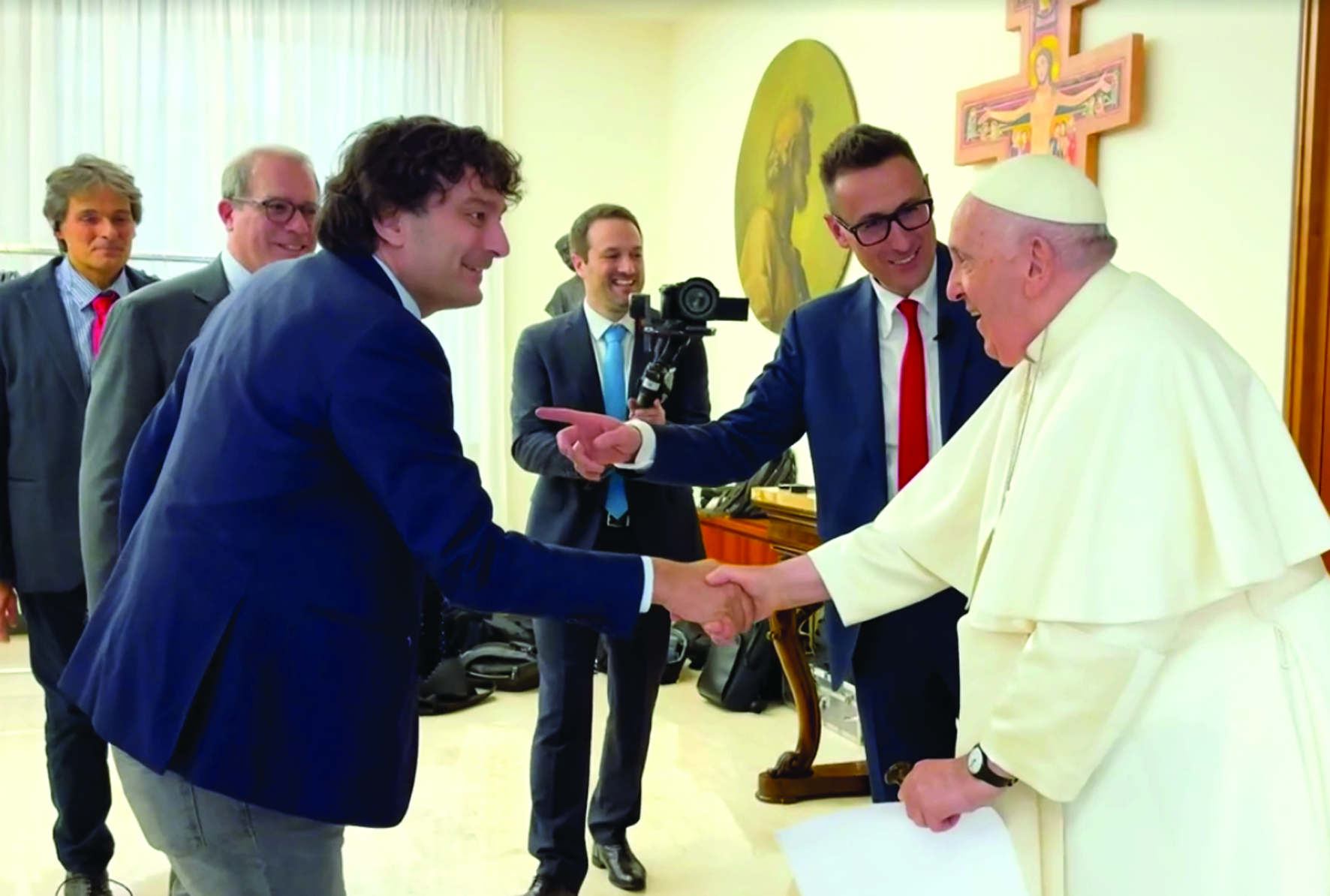
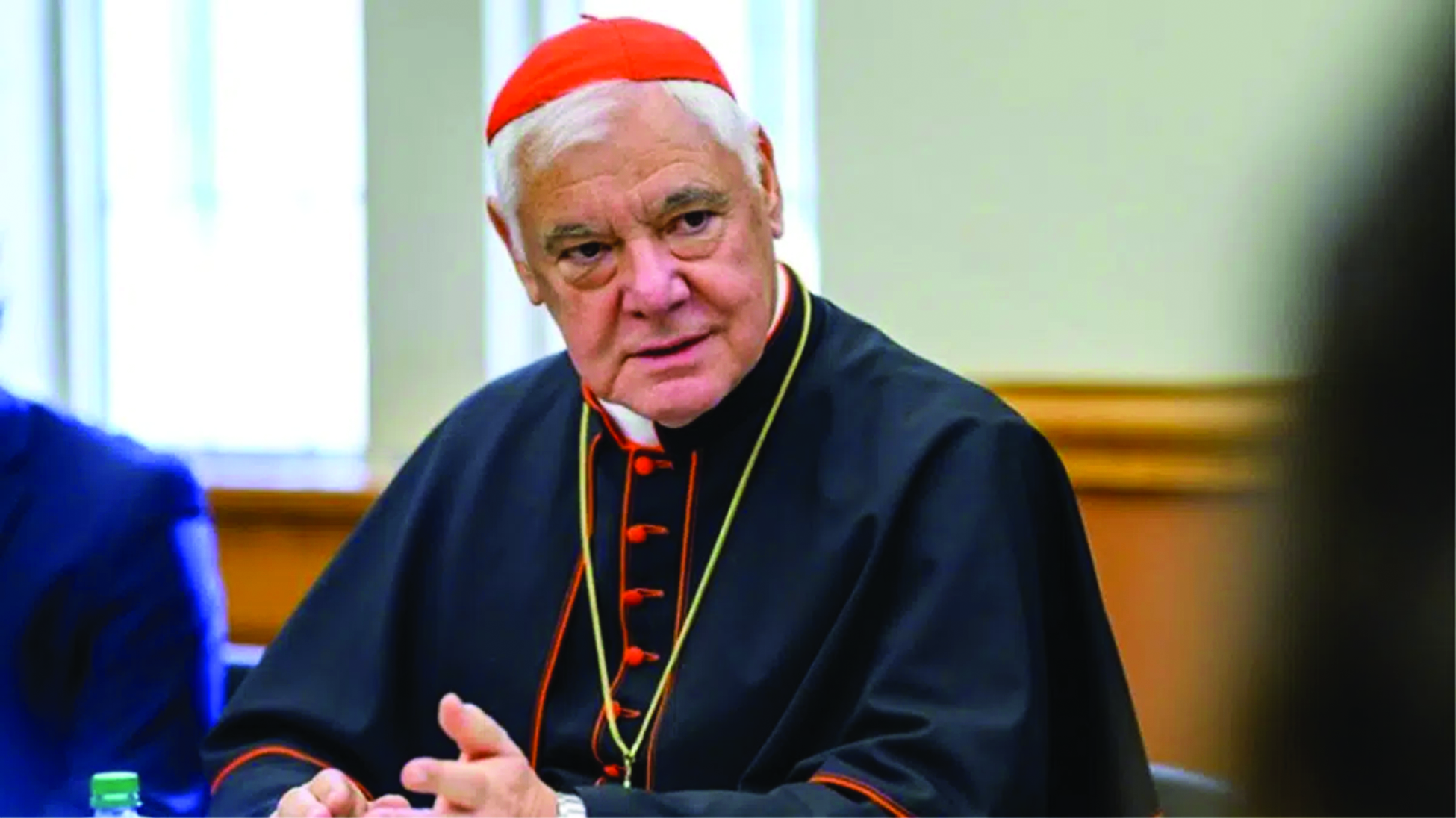
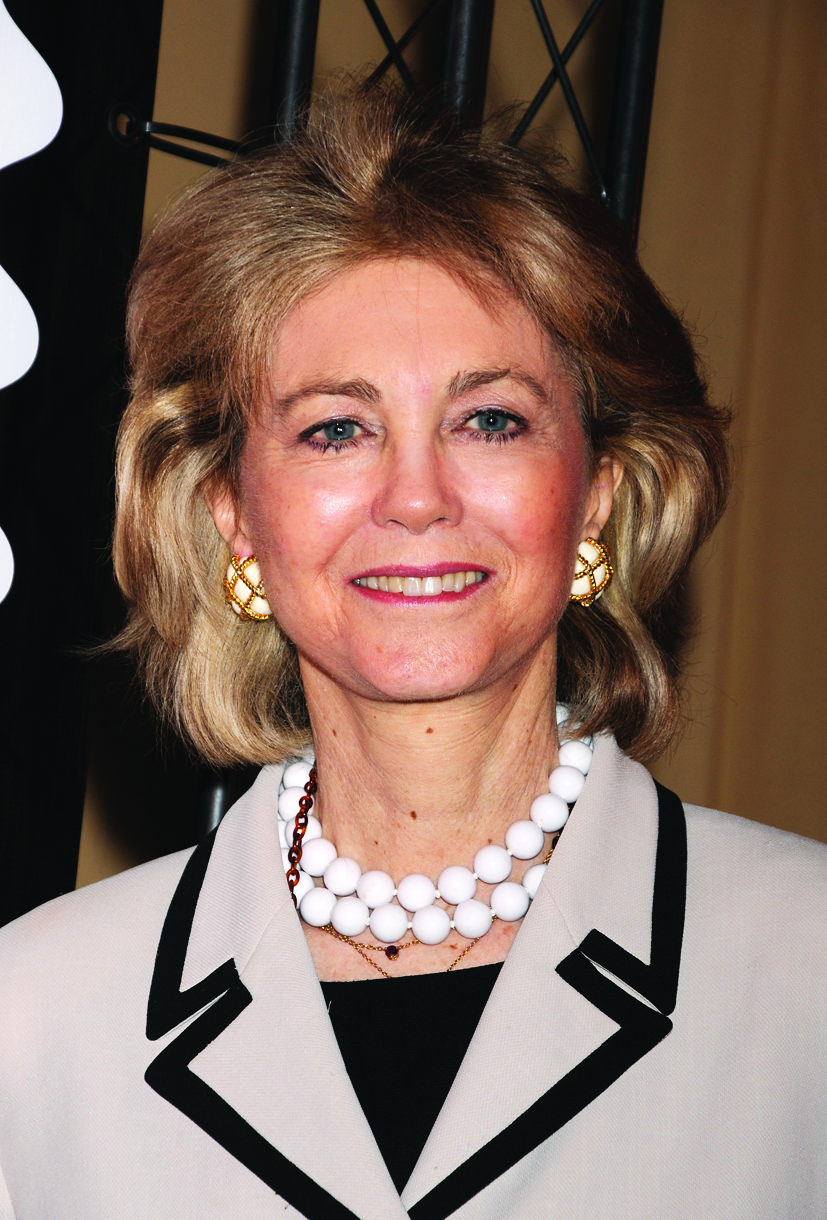
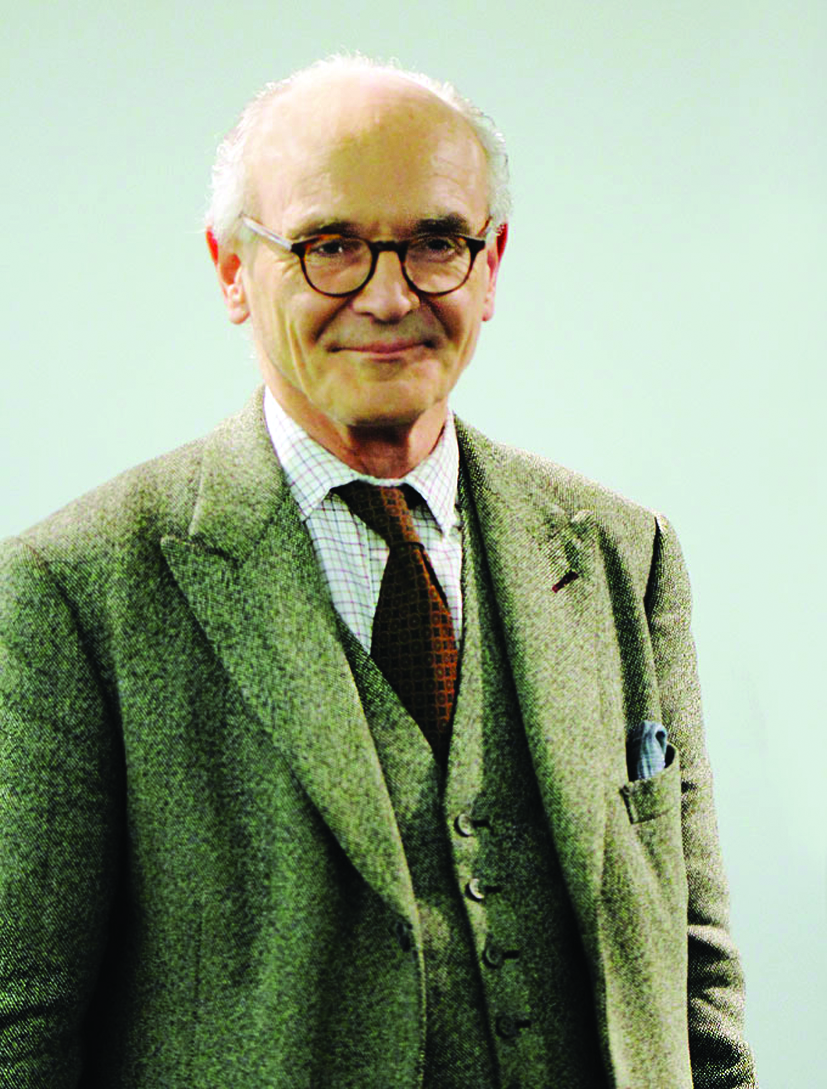
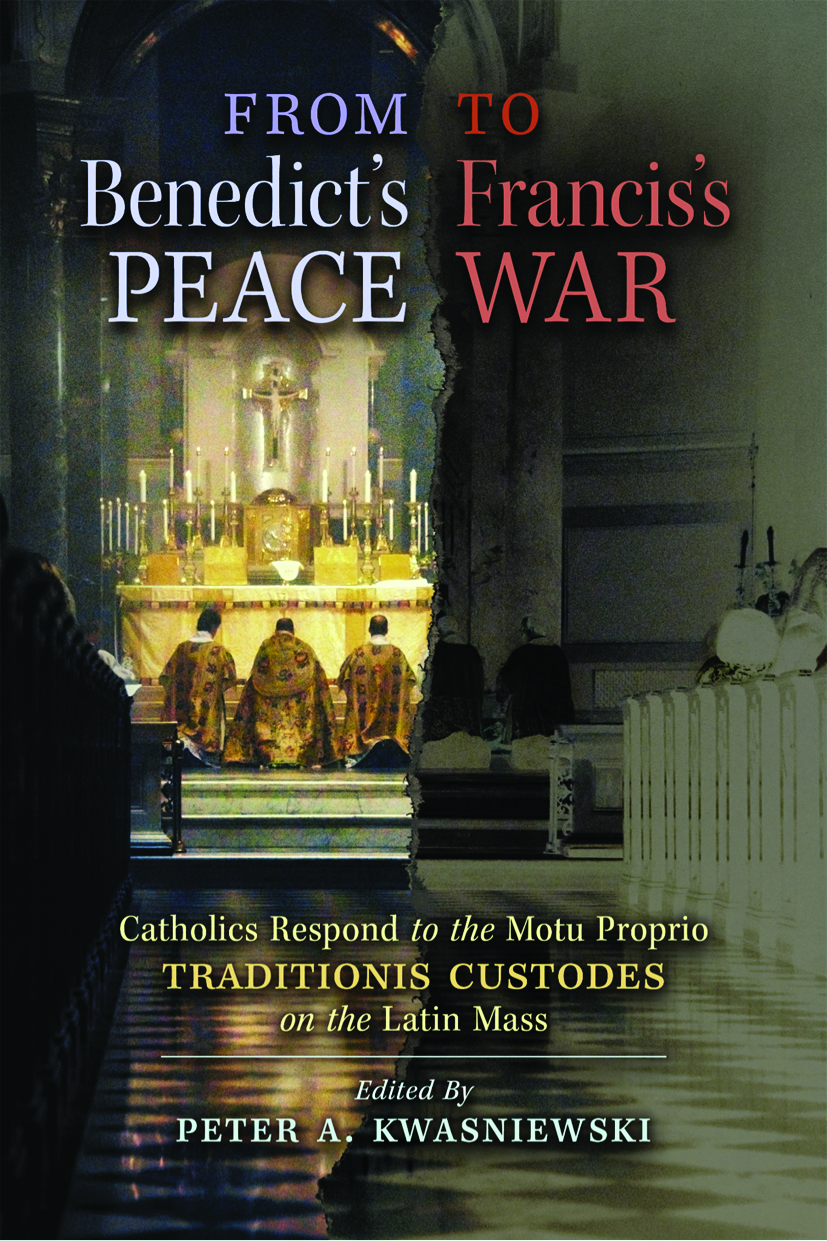
Facebook Comments